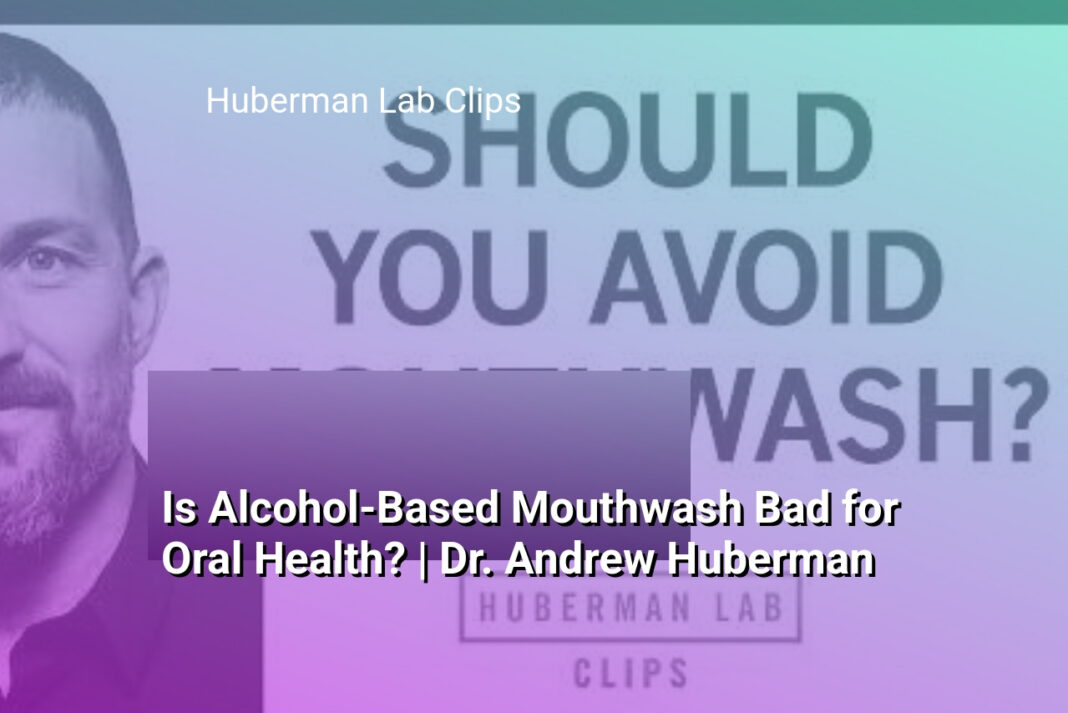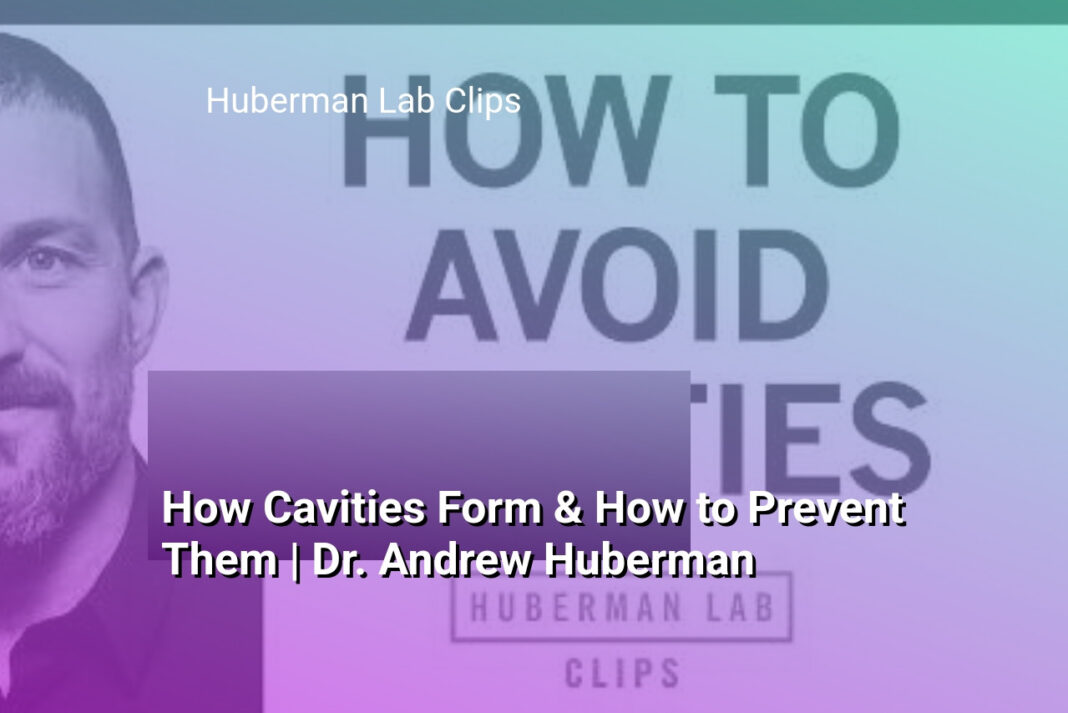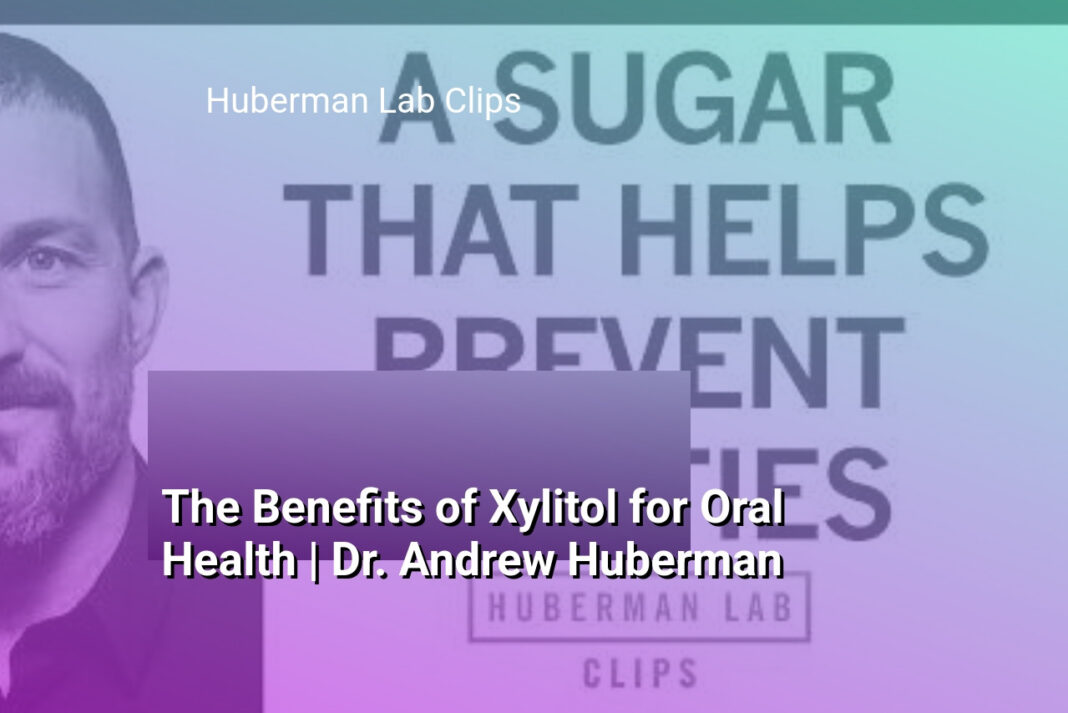The Bottom Line:
- I discovered that alcohol-based mouthwashes can significantly disrupt the delicate balance of oral microbiome, potentially compromising mucosal health and natural protective mechanisms.
- Healthcare professionals recommend carefully evaluating mouthwash choices, considering alternatives that preserve beneficial oral bacteria while maintaining freshness.
- Cost-effective and natural solutions like saline rinses and baking soda can effectively support oral hygiene without the harsh impacts of traditional antiseptic products.
- Reducing nitric oxide production is a critical concern with alcohol-based mouthwashes, which can negatively impact vascular health and overall bodily functions.
- Transitioning to alcohol-free, microbiome-friendly oral care products represents a proactive approach to maintaining comprehensive oral and systemic wellness.
The Destructive Impact of Alcohol on Oral Mucosa
Cellular Damage and Mucosal Disruption
Alcohol-based mouthwashes cause significant cellular damage to oral mucosa through direct chemical interactions. The high alcohol concentration acts as a potent solvent, stripping away protective layers of the delicate mucosal tissue. This aggressive dissolution process compromises the natural protective barriers, leaving the oral cavity vulnerable to inflammation, microbial imbalances, and potential infections. The epithelial cells experience immediate dehydration and structural breakdown, which can lead to long-term tissue remodeling and increased sensitivity.
Microbiome Ecosystem Destruction
The destructive impact extends beyond surface-level damage, penetrating deep into the oral microbiome’s intricate ecosystem. Alcohol indiscriminately eliminates both harmful and beneficial bacterial populations, creating a sterile environment that paradoxically increases susceptibility to pathogenic colonization. This microbial disruption fundamentally alters the natural defense mechanisms of the oral cavity, reducing the mouth’s ability to self-regulate and maintain a balanced bacterial environment. The sudden elimination of protective microorganisms leaves the mucosa exposed and compromised, potentially triggering chronic inflammatory responses and increased risk of oral health complications.
Long-Term Physiological Consequences
Repeated exposure to alcohol-based mouthwashes triggers progressive physiological changes in oral mucosal tissues. Chronic use leads to cumulative damage, including reduced mucosal regeneration capacity, decreased salivary gland function, and increased epithelial permeability. These structural modifications can manifest as persistent dryness, increased susceptibility to ulcerations, and diminished natural healing capabilities. The ongoing chemical assault fundamentally alters the mucosa’s protective mechanisms, creating a cascade of potential health risks that extend beyond immediate oral health concerns and potentially impact systemic wellness through compromised mucosal integrity and disrupted microbial balance.
Why Professional Dental Guidance Matters
The Critical Role of Dental Expertise in Oral Health Management
Professional dental guidance becomes paramount when navigating complex oral health decisions, particularly regarding mouthwash selection. Dentists possess comprehensive knowledge about the intricate ecosystem of the oral microbiome and can provide personalized recommendations that align with individual patient needs. Their expertise extends beyond generic advice, offering nuanced insights into how specific oral care products interact with unique oral environments.
Understanding Long-Term Oral Microbiome Implications
Healthcare professionals can help patients comprehend the subtle yet significant impacts of mouthwash choices on their oral microbiome. They can explain how alcohol-based mouthwashes disrupt the delicate bacterial balance, potentially leading to increased susceptibility to oral health issues. By conducting thorough assessments, dentists can identify potential risks and recommend targeted interventions that preserve beneficial bacteria while maintaining optimal oral hygiene.
Personalized Oral Care Strategies
Every individual’s oral health landscape is unique, influenced by factors such as genetics, diet, lifestyle, and existing medical conditions. Professional dental practitioners can develop customized oral care strategies that consider these complex variables. They can assess the specific needs of patients, recommend appropriate alcohol-free alternatives, and provide guidance on maintaining a healthy oral microbiome through holistic approaches that extend beyond simple product recommendations.
Dentists are equipped to conduct comprehensive evaluations that reveal underlying oral health dynamics, helping patients make informed decisions about their mouthwash and broader oral care routines. Their expertise allows for a more sophisticated understanding of how seemingly minor choices can have significant long-term consequences for oral and systemic health.
By consulting dental professionals, patients gain access to evidence-based recommendations that prioritize the preservation of their oral microbiome. These experts can help individuals navigate the complex landscape of oral care products, ensuring they select solutions that support rather than compromise their oral health.
Exploring Safe and Natural Mouthwash Alternatives
Herbal and Plant-Based Rinse Solutions
Natural herbal mouthwashes offer powerful alternatives to alcohol-based products while supporting oral microbiome health. Ingredients like aloe vera, chamomile, and green tea provide antimicrobial properties without disrupting beneficial bacteria. These botanical extracts can effectively reduce inflammation, combat harmful bacteria, and promote gum health. Specifically, green tea contains polyphenols that naturally inhibit bacterial growth and neutralize oral pathogens, making it an excellent mouthwash ingredient.
DIY Oral Rinse Recipes
Creating homemade mouthwash allows complete control over ingredients and ensures a microbiome-friendly approach. A simple salt water rinse can help balance oral pH and reduce bacterial populations without causing widespread destruction. Another effective recipe involves mixing filtered water with a few drops of essential oils like peppermint or tea tree, which possess natural antimicrobial characteristics. These essential oils can freshen breath, support gum health, and provide gentle antiseptic properties without compromising the delicate oral ecosystem.
Probiotic-Focused Oral Rinses
Emerging research highlights the potential of probiotic-based mouthwashes in maintaining oral health. These specialized rinses introduce beneficial bacterial strains that compete with harmful microorganisms, effectively restoring microbial balance. Strains like Lactobacillus and Streptococcus salivarius can help prevent plaque formation, reduce bad breath, and support overall oral immunity. By focusing on promoting beneficial bacteria rather than indiscriminately killing microorganisms, probiotic mouthwashes represent a sophisticated and holistic approach to oral care that aligns with the body’s natural protective mechanisms.
Cost-Effective Solutions for Oral Hygiene
Budget-Friendly Natural Oral Hygiene Strategies
Maintaining excellent oral health doesn’t require expensive commercial products. Natural ingredients like baking soda offer remarkable cleaning properties that can effectively disrupt dental biofilm without causing enamel damage. When combined with proper brushing techniques using a soft-bristled toothbrush, these cost-effective solutions can provide comprehensive oral care at a fraction of the cost of traditional mouthwashes.
DIY Mouthwash and Rinse Techniques
Homemade saline solutions represent an economical and gentle approach to oral hygiene. By simply mixing salt with warm water, individuals can create a natural mouthwash that promotes healthy bacterial balance without the harsh chemicals found in alcohol-based products. This simple solution helps reduce inflammation, supports healing of minor oral wounds, and maintains a balanced oral microbiome without significant financial investment.
Holistic Oral Care Approaches
Integrating multiple low-cost strategies can significantly enhance oral health outcomes. Techniques such as oil pulling with coconut oil, using herbal rinses like chamomile or sage tea, and maintaining consistent oral hygiene practices can provide comprehensive protection. These methods not only support oral microbiome health but also offer antimicrobial and anti-inflammatory benefits without the potential risks associated with alcohol-based mouthwashes. By focusing on gentle, natural interventions, individuals can achieve optimal oral health while minimizing unnecessary chemical exposure and reducing long-term healthcare expenses.
Preserving Nitric Oxide and Vascular Health
The Critical Role of Nitric Oxide in Bodily Functions
Nitric oxide represents a crucial signaling molecule that plays a fundamental role in maintaining cardiovascular health and regulating numerous physiological processes. This molecule is essential for vasodilation, which helps regulate blood pressure, improve blood flow, and support overall cardiovascular performance. When alcohol-based mouthwashes disrupt nitric oxide production, they potentially compromise critical bodily mechanisms that support heart and vascular health.
Disrupting Bacterial Nitrate Reduction Pathways
The oral microbiome contains specialized bacteria responsible for converting dietary nitrates into nitric oxide through a complex metabolic process. Alcohol-based mouthwashes indiscriminately eliminate these beneficial bacteria, effectively interrupting the natural nitrate-nitrite-nitric oxide conversion pathway. By destroying these microbial populations, these mouthwashes prevent the body from efficiently generating nitric oxide through natural bacterial interactions, which can lead to potential long-term cardiovascular complications.
Long-Term Cardiovascular Implications
Repeated use of alcohol-based mouthwashes can significantly impact nitric oxide production, potentially increasing risks of hypertension, reduced endothelial function, and compromised cardiovascular performance. Research suggests that consistent disruption of nitric oxide generation may contribute to elevated blood pressure, decreased arterial flexibility, and increased potential for cardiovascular diseases. The seemingly innocuous act of using an alcohol-based mouthwash can therefore have profound systemic health consequences that extend far beyond oral hygiene, affecting fundamental physiological processes essential for maintaining optimal cardiovascular function and overall metabolic health.





